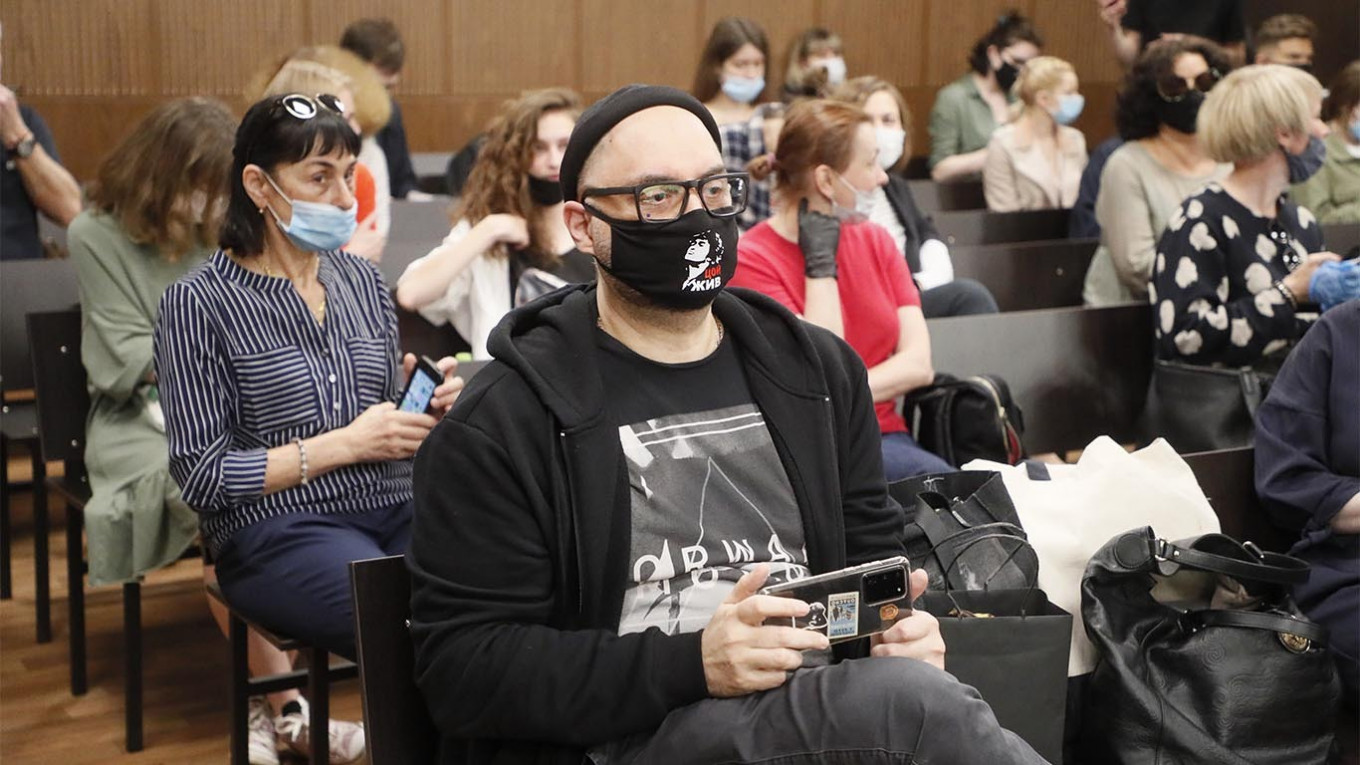LONDON — British MPs collecting evidence on the phenomenon of “fake news” in New York and Washington totted up a bill amounting to £84,000, according to official figures released on Tuesday.
Eleven MPs and three officials travelled to the United States in February to meet social media executives at a cost of £69,535 to the taxpayer. A further £14,655 was spent broadcasting an evidence session from George Washington University, according to figures released to POLITICO by the Information Rights and Information Security (IRIS) Service in the House of Commons under Freedom of Information rules.
While in Washington, the chairman of the digital select committee, Damian Collins, denied claims published on the Buzzfeed news website that the U.S.-based tech companies questioned in Washington had offered to fly executives to London to face the U.K. parliament’s inquiry, telling the Press Association they had “all agreed that it would be easier to get people to come and give evidence if we held a session in America.”
Collins and the 10 other MPs travelled with Committee Clerk Chloe Challender, Senior Committee Specialist Jo Willows and Media Officer Lucy Dargahi. Collins’ researcher Jack Walker self-funded his trip.
The group held private meetings with a number of organizations including the New York Times, Google and NowThis media in New York. They also met Senators Richard Burr and Marc Warner, who serve on the intelligence committee, and were given a tour of Congress.
Costs included £37,538 for flights. Committee members flew business class to Newark at a cost of £2,650 per passenger. One flight was booked at short notice, costing £3,088. The committee also spent £6,500 on hiring minibuses.
The group stayed in the boutique £192.60-a-night Benjamin Hotel in New York and the £193-a-night Dupont Circle Hotel in Washington. A further £1,250 was spent on security at the George Washington University evidence session and £140 on gifts, adaptors and mobile chargers, according to the figures.
In a statement published on the Department for Digital, Culture, Media and Sport Committee website responding to the Freedom of Information figures, Collins said that fake news and the spread of misinformation was “one of the most serious threats facing our democracy today.”
He said the visit would help the committee present the most informed policy recommendations and solutions to government when it produces its report in the coming months.
“The cost of this visit was approved in the normal method by the Liaison Committee, who sign off all select committee visits — just as they did with the other select committees who also visited the United States recently.
“Because of the nature of the topic we’re tackling, transparency, truth and communication, we broke with normal practice of select committee visits and decided to live broadcast the session so that people around the world could engage with its contents. In fact, these social media and tech companies rarely come up against such public scrutiny. It was always agreed with these companies that they would provide witnesses to give evidence in the United States.”











